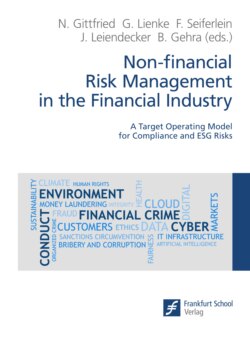Читать книгу Non-financial Risk Management in the Financial Industry - Группа авторов - Страница 31
2.4.1.1.3 Bribery and corruption risk
ОглавлениеTransparency International (TI) UK states that there is no universal definition of bribery, but all definitions have in common that it involves someone in an appointed position acting voluntarily in breach of trust in exchange for a benefit. The benefit does not have to involve cash or a payment, instead it can take on many forms, including gifts, hospitality and expenses, access to assets or a favour to a relative, friend or cause. Bribery is defined as “the offering, promising, giving, accepting, or soliciting of an advantage as an inducement for an action which is illegal, unethical or a breach of trust. Inducements can take the form of money, gifts, loans, fees, rewards or other advantages.”[47]
Like TI, the Legal Information Institute of Cornell Law School in the US defines bribery as “the offering, giving, soliciting, or receiving of any item of value as a means of influencing the actions of an individual holding a public or legal duty.”[48] On the other hand, corruption is defined as dishonest or fraudulent conduct by those in power, with bribery being one example of such conduct.
Based on these definitions, we define bribery and corruption risk as the exposure to legal penalties faced if the company or its employees engage in bribery or corruption.
